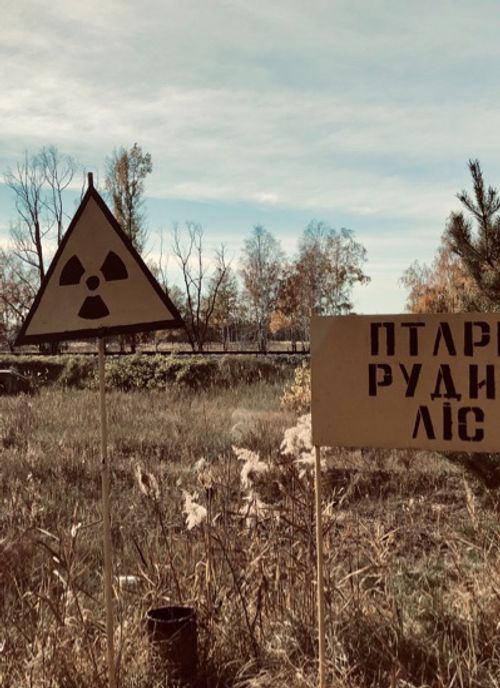Your Food Is Likely Being Zapped With Radiation
Jan 23, 2023 · 2 mins read
0
Share

Did you know that around a third of all spices sold in the US have been purposefully irradiated? Crazy, I know. It even sounds obviously dangerous. But what is it really, and is it actually as bad for you as it sounds?
Save
Share
Food irradiation is a process in which food is exposed to ionising radiation in order to kill bacteria, viruses, and other microorganisms. On the surface, it does its job well. However, there are several potential dangers associated with this process.
Save
Share
Radiation can do strange things to food, by creating substances called “unique radiolytic products.” These irradiation byproducts include a variety of mutagens – substances that can cause gene mutations – which isn’t great. Many mutagens are also highly carcinogenic.
Save
Share
Research also shows that irradiation forms volatile toxic chemicals such as benzene and toluene, chemicals suspected to cause cancer and birth defects.
Save
Share
An important 2001 study linked colon tumor promotion in lab rats to 2-alkylcyclobutanones (2-ACB’s), a new chemical compound found only in irradiated foods. In the study, rats with these compounds were 3 times more likely to have tumours than the control cases.
Save
Share
Another concern with this form of food sterilisation is that irradiation can lead to the destruction of important vitamins and nutrients in food, reducing its overall nutritional value.
Save
Share
For example, the WHO found that the Vitamin A content of irradiated foods such as liver and eggs was reduced by 13% and 22% respectively than the same foods without irradiation.
Save
Share
Furthermore, irradiation does not address the root causes of food contamination, such as poor sanitation practices in food processing facilities. It is not a substitute for proper food handling, storage, and cooking techniques.
Save
Share
Some research has also suggested that irradiation may have negative effects on the environment, such as the release of radioactive materials, and it uses a significant amount of energy to operate, making it not ideal for those who are concerned about a potential energy crisis.
Save
Share
Ultimately, there are significant concerns about the potential dangers associated with food irradiation, and more research is needed to fully understand the impact of this process on food safety, nutrition, and the environment, especially in long term cases.
Save
Share
0